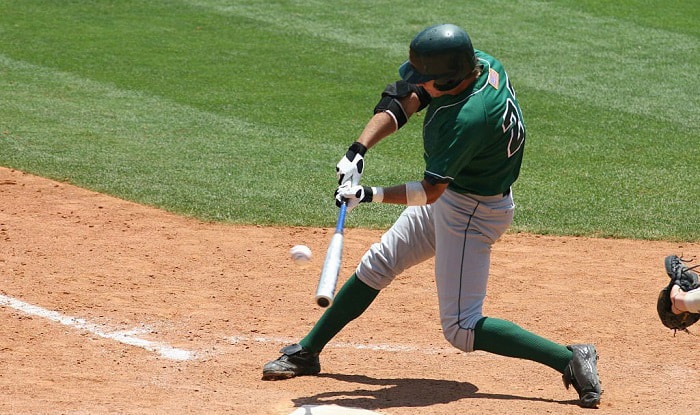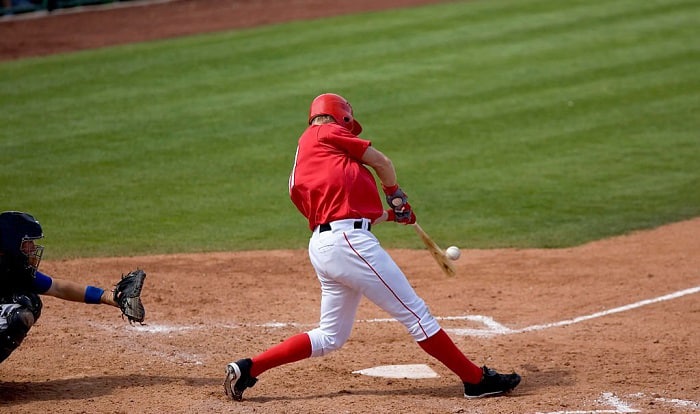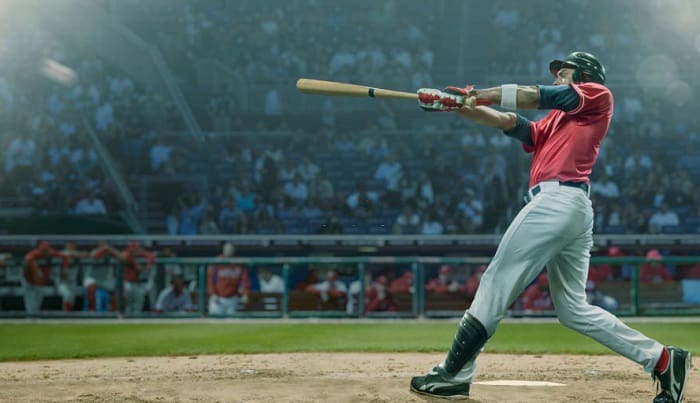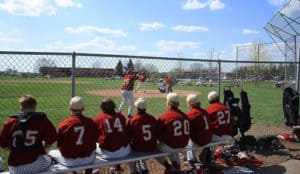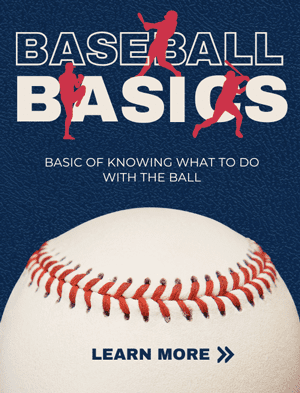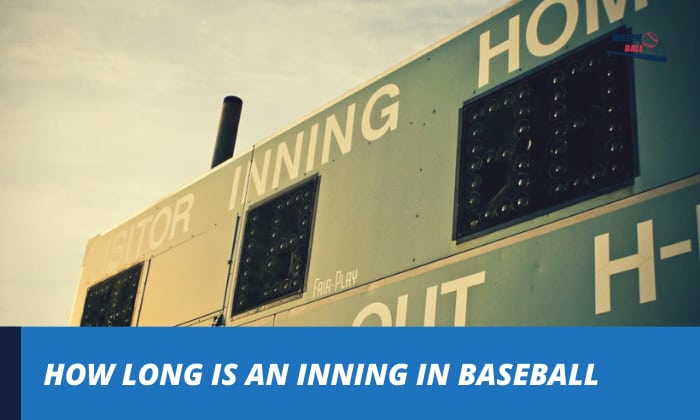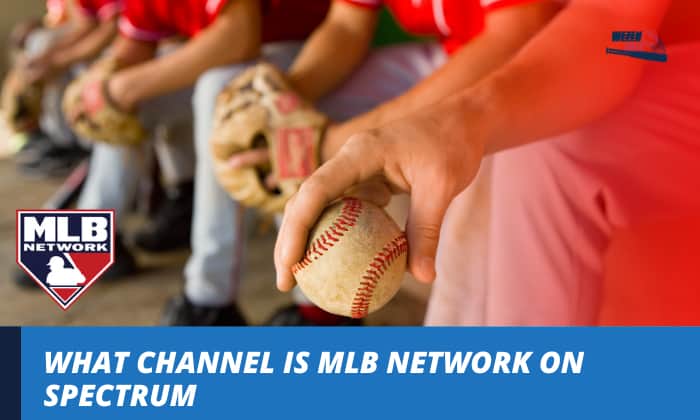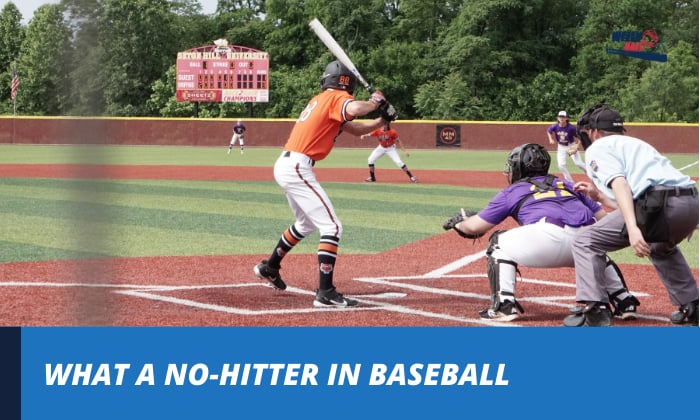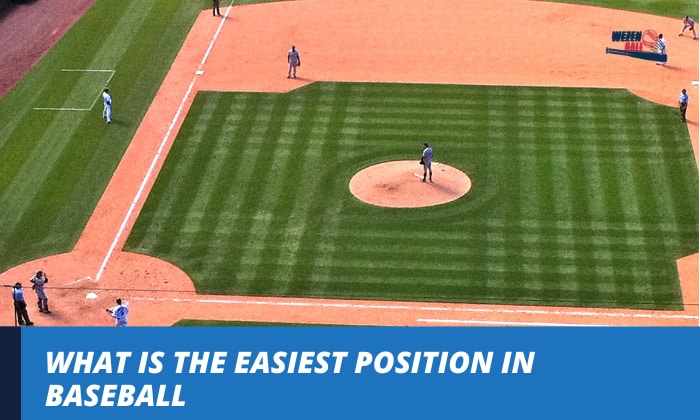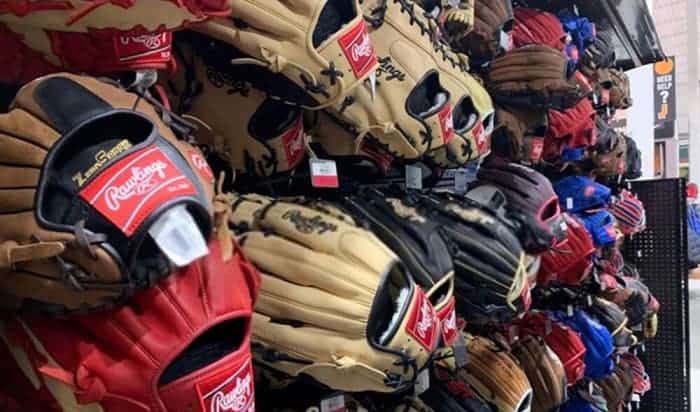Numerous competitive sports exist, and each has its own set of rules on how it is played. The rules make the game unique, fun, and competitive. One of these is baseball – a famous sport enjoyed by athletes and fans worldwide. Given the sport’s rulebook, what is an error in baseball?
Essentially, a mistake made by the fielder that helps the other team is considered a mistake in baseball. The outcome of the mistake includes:
- Allowing a batter to remain at his post longer.
- Prolonging the runner’s time on base.
- Making the runner advance bases.
Contents
Baseball Error: The Definition
What is considered an error in baseball? Defining errors in the world of baseball will help you understand this concept.
Errors are mishaps committed during the game under different circumstances. And another tricky thing about baseball error definition is the lack of means to classify the errors.
However, it is good to keep in mind the three basic actions that concur errors in baseball. These actions are broadly under fielding, throwing, and tagging errors.
Errors in fielding are when fielders do not catch the ball. A typical example is a fly ball being clumsily handled by an outfielder. Also, errors in the infield can also happen when a grounder is mishandled.
Also, throwing errors can be charged when inaccurate ball throws occur from one teammate to another.
Lastly, tagging errors are when fielders overlook tagging their base or runner when they should have. This mistake can make the other team advance a point.
Basic Baseball Errors And Positions Involved
Knowing the examples of situations on the field will help you understand the baseball error definition.
First, a fielder can be given an error. Under the official scorer’s decision, a fielder commits an error if he does not convert an out when other average fielders would have called for it at that instance.
Moreover, it is also an error on the part of the fielder if they make unsatisfactory actions where at least one runner is allowed to advance bases when they should not have.
There also exists the defensive error, which utilizes some statistical calculation. One illustration is when batters do not receive an RBI for runs that are not supposed to be scored due to the error.
RBI is an abbreviation for the baseball statistic “Run Batted In,” which gives the batter credit for a scorable run.
Errors in baseball are universally identified. Therefore, a player who commits these errors is charged with its implications regarding the level they are playing for.
The defined errors made by the fielder and runner here in these examples illustrated the baseball errors by position. Now that you are aware of these errors, what consequences does it hold during the game?
Who Judges the Errors and What Are Its Consequences?
In every game, someone needs to judge an error committed. And, it is preferably a third party so that the spirit of fairness would always be present!
The same concept holds in all sports, including baseball. Given the myriad of errors that can happen during the game, who decides errors in baseball?
The only individual that can call errors in baseball is the official scorer. In every game, the official scorer is given the full authority to decide based on the player’s action.
Furthermore, it is imperative that the official scorer has the best knowledge of the sport’s rules and can judge an error when he spots it.
Based on baseball rules, the official scorer can only charge errors to a player in a fielding position like the catcher, baseman, shortstop, pitcher, or fielder.
As mistakes and errors commonly happen, they will only be charged by the official scorer when the action will directly benefit the opposing team.
When the official scorer calls on errors, the overall scores in the game are rarely affected!
As we have seen, errors do not have many consequences. In instances where a batter scores a homerun because a fielder made a mistake will still be given points for the homerun.
So when would players be alarmed by errors?
- Some notable consequences would be when the starting place of a fielder can be lost due to many playing mishaps.
- And another grave consequence of errors can also occur when a player is striving for a special award or distinction of honor like those offered in major leagues.
The Unforced Error in Baseball
If you love watching baseball, you have undoubtedly heard of the term “unforced error” when watching the game with your fellow baseball enthusiasts.
Previously, we discussed how the official scorer is the one to judge an error. But, when someone else watching the game, let us say on a sports field or television at home, makes an opinion of an error committed, that is called the unforced error.
Simply put, an unforced error is not official and is only an opinion of other people watching the game.
When a baseball player commits this error, it could have been easily prevented and is never committed due to external factors. Moreover, the unforced errors are not even considered legitimate errors in the game!
To understand it clearer, here is an example. A baserunner could commit a mistake on the base paths and result in an easy out. The game’s commentator could refer to that as an unforced error even without the official scorers marking it as an error.
At Bat in Baseball And Its Relation to Error Count
With the abbreviation AB, at-bat is when a batter reaches the base as he goes along the fielder’s choice. The AB also happens when a batter is in a non-sacrifice position.
Does an error count as an at bat? Yes, they are! An error can be counted as an AB in baseball. If a batter made his way onto the base due to an error, it is counted as an AB for the hitter.
In relation to the at-bat, does an error count as a hit? No. Errors will not be counted as a hit.
On the contrary, it will be counted as the batter’s at-bat unless the scorer assesses that the batter would not have reached first base and was only reached due to the fielder’s mistake.
If a batter is observed to have reached base only due to a fielder’s error, it is classified as a “reach on error” or an ROE. Therefore, it will be judged as if the batter is put out and would thus lower his batting average.
What You Need to Know About Baseball Error Cards
Error cards are common things to see in any sport. And, despite being printed with an inherent mistake, baseball error cards are unique and could even cost a fortune!
Because of their rareness and novelty, baseball error cards are collectible items, and solid sports fans go out of their way to invest in looking for the rarest ones around.
What makes these baseball error cards fantastic for enthusiasts?
Authentic error cards combine a unique feature and the extreme rarity of the card. It will never have another original duplicate, which increases its value even more!
Some of the most popular and expensive error cards are the 1990 #414 Frank Thomas error card and the 1989 #616 Bill Ripken error card.
These do cost a fortune, but collectors are sure to have a return on investment sooner or later with their rarity.
Conclusion
Sports are enjoyable activities that we can play or watch. And each has a stringent set of rules!
Baseball is a fun sport, and its rules on errors can be pretty confusing at first. Other than the nitty-gritty detail of its gameplay, everyone must also be aware of the mistakes committed in-game.
What is an error in baseball? Essentially, it is a mishap that could occur in numerous instances. Hopefully, the article gave you lots of ideas about errors in baseball!

A powerful swing and the ball is flying across the field, just one hit, and we might never forget the thrill it brings. I do not know about you, but I never do. Every baseball game is the chance to compete with others and cooperate with your teammate. It is among my biggest passions.



